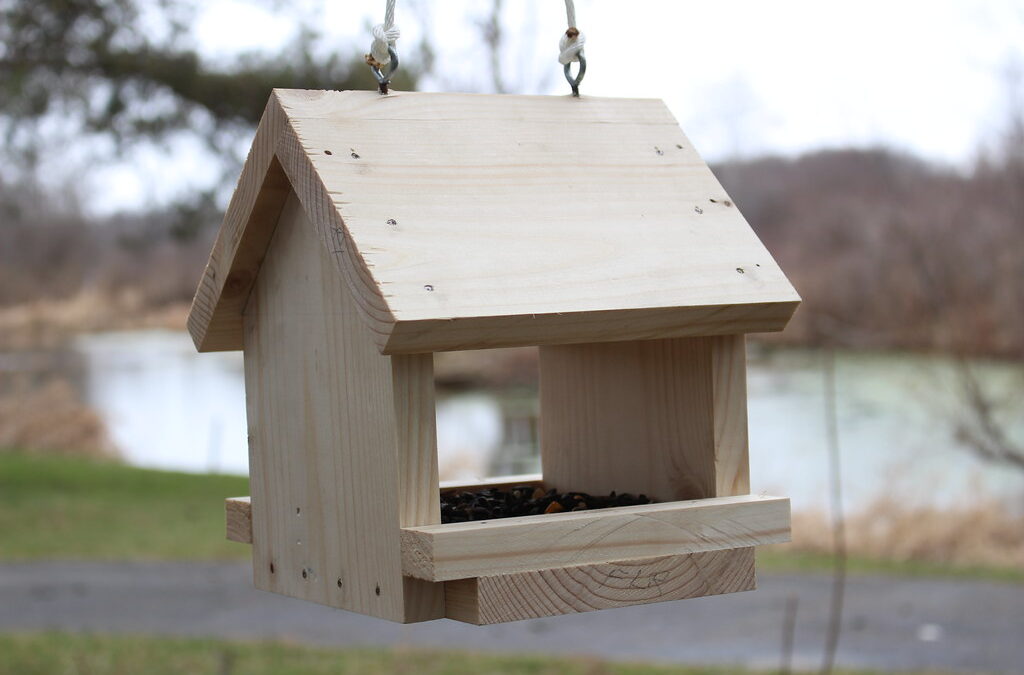Jamestown, N.Y. – To stem the spread of Highly Pathogenic Avian Influenza, regional nature conservation organizations are encouraging residents to join them in following the recommendation of the Cornell Cooperative Extension to stop activities that cause birds to gather. These activities include pausing all bird feeding and bath filling.
Audubon Community Nature Center, Beaver Meadow Audubon Center, and Roger Tory Peterson Institute have chosen to remove their bird feeders, and they encourage others to do the same. The Chautauqua Watershed Conservancy and the Chautauqua-Conewango Consortium support these recommendations.
Cornell Cooperative Extension described this avian flu as a highly contagious, fatal disease of poultry (chickens and turkeys) and birds of prey that, since the beginning of the year, has been identified in over 350 wild birds in 20 states, including New York. It is highly transmissible by waterfowl, shorebirds, and any scavenging birds. It is most likely being spread through bird droppings.
A pause on bird feeding and bath filling until the threat has subsided is recommended, especially if you live in an area with a significant amount of waterfowl, if raptors frequent your yard or feeders (to pick off the songbirds), if wild turkeys visit your yard or feeders, or if you or your neighbors have backyard poultry.
Taking down your feeders temporarily will not have a negative impact on birds. Birds do not need supplemental feed during the spring months, as there is plenty of food for them to harvest from the wild.
Avian flu is currently of highest concern for large poultry farms, backyard poultry owners, and wildlife rehabilitation/education centers that house birds of prey. It does not affect humans; however, if the virus continues to spread and mutate, that may change.
Because it has birds of prey, Audubon will not return to filling their bird feeders until the threat has subsided, possibly after the spring migration period has passed. They are also putting up goose fencing earlier than usual in the backyard to reduce goose traffic around their building and implementing specific protocols for staff and volunteers who work with and near their birds of prey.
It is always good practice to clean bird feeders regularly (more often during hot, wet weather) with a 1:10 bleach/water solution. If you do not clean your feeders regularly, now is a good time to start.
Concerns about dead or sick wild birds can be directed to the Region 9 Department of Environmental Conservation (DEC) office at (716) 851-7010.


Recent Comments